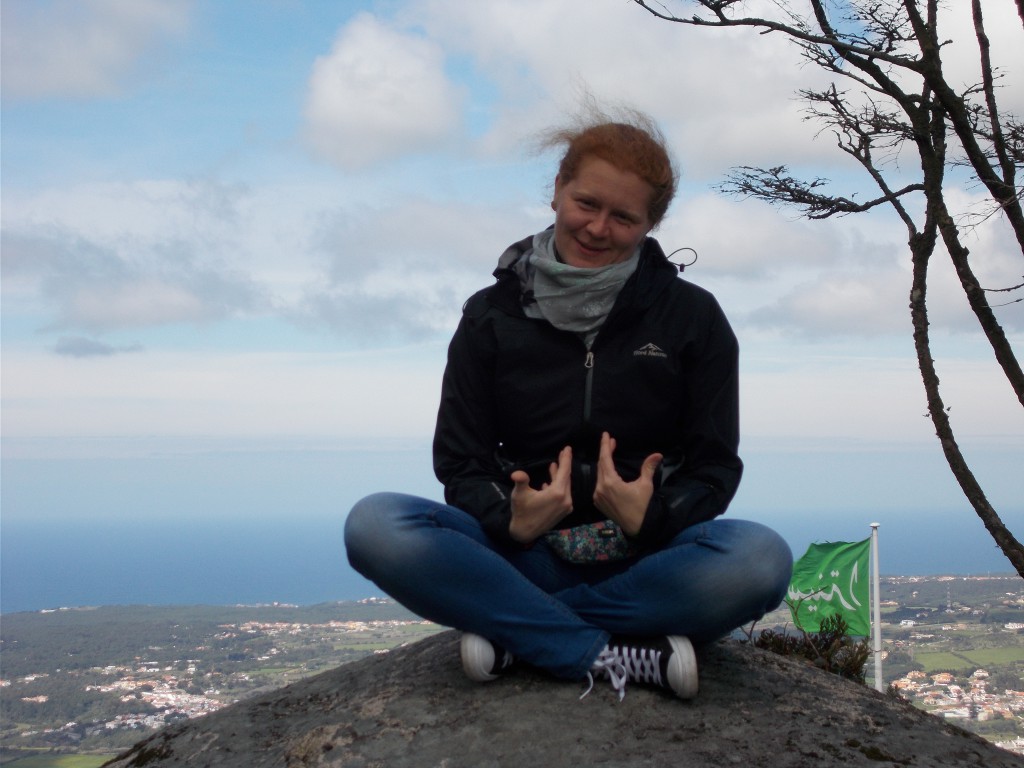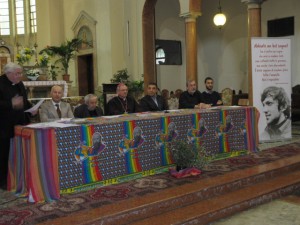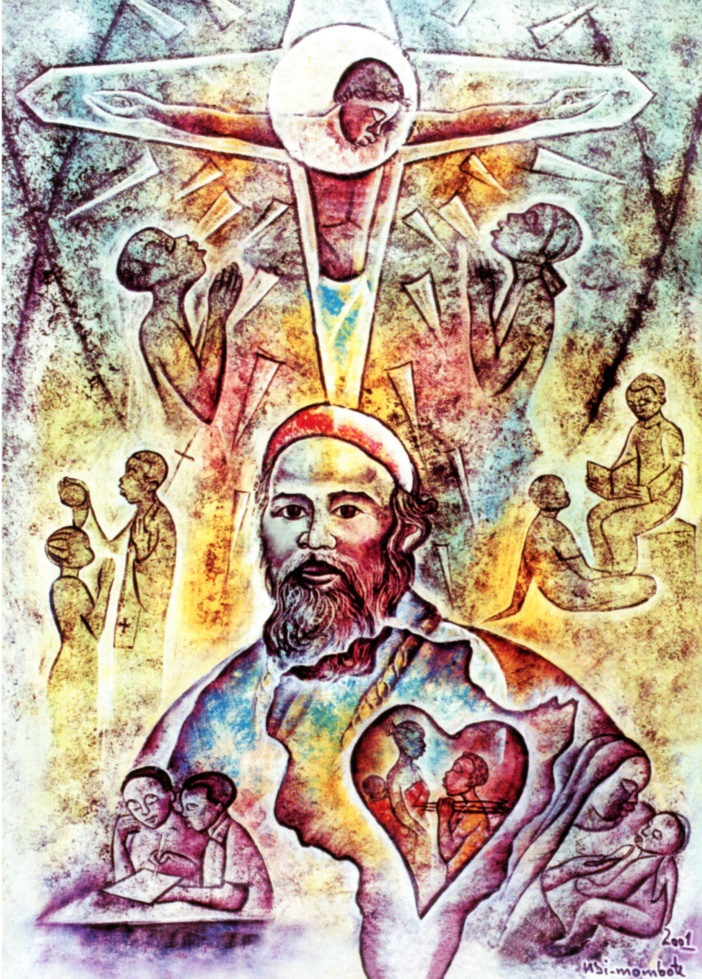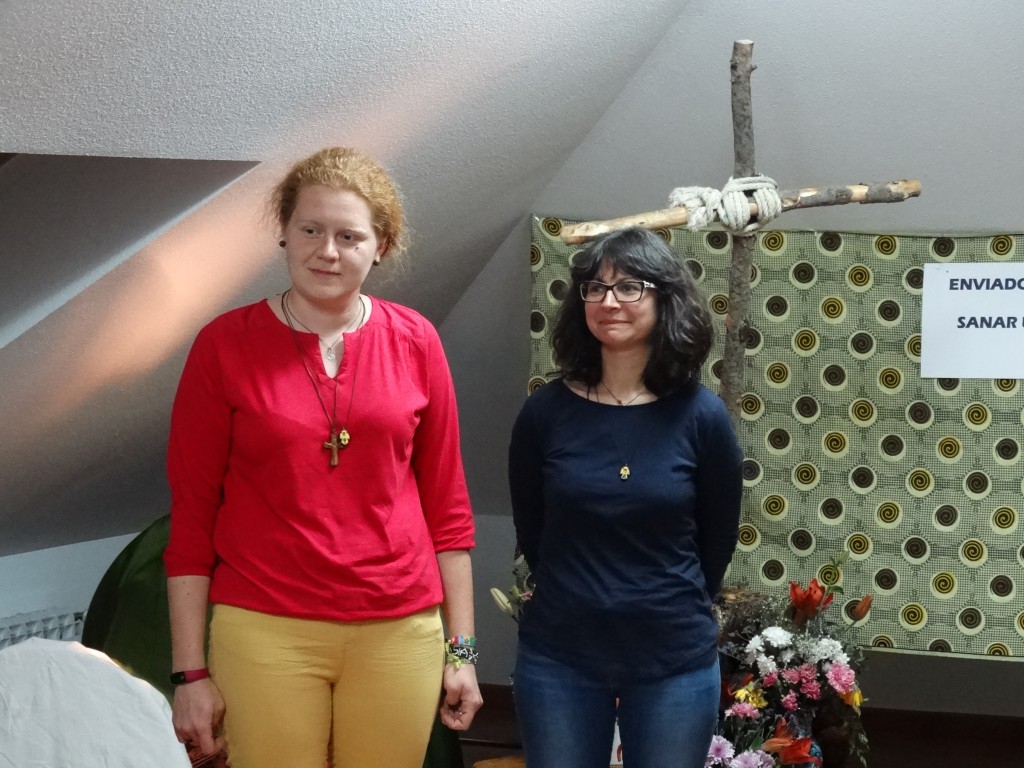Spirituality
Message of the MCCJ General Council for the feast of the Sacred Heart
Dear confreres
On the vigil of the feast of the Sacred Heart, we feel invited and attracted to contemplate in a special way this Heart, fruitful expression of the entire life of Jesus. We invite you especially to reflect on that historical moment of Jesus’ death on the Cross. An event that changes the course of history. A historical and at the same time symbolic event, which keeps happening in the lives of all who are crucified with Christ in today’s world.
That year the Passover of the Jews was different. On Friday, the day of preparation, as all were getting ready for the important feast, outside the walls of the city, at the place of the Skull, three men were ingloriously ending their young life on a cross. One of them was called Jesus. Most of his life had been quietly spent in a small, unknown village of Galilee. Then, during his last three years, he had become a pilgrim on the roads of Galilee, Samaria and Judea.
He was doing good to all, healing the sick, letting himself be moved by the crowds especially when he saw them weary and without direction. His words full of authority were listened to with pleasure and warmed everyone’s heart. An influential group, however, looked at him with suspicion, considered him a danger to the status quo and its privileges. And one day, on the Friday before Easter, lead him to the cross. The day was rapidly setting like many others. Jesus was hanging on the Cross, already dead: “Seeing that he was already dead, instead of breaking his legs, one of the soldiers pierced his side with a lance; and immediately came out blood and water” (Jn 19:33-34).
Near the cross of Jesus was Mary, his mother, and the disciple Jesus loved. They saw the heart, pierced by the lance, meekly opening up and were seized by the contemplation of that miracle. Other people came close, looked at it and believed. They saw water and blood come out of it as the fountain of new life for the world. Thus the words that Jesus himself had spoken shortly before in Jerusalem, on the Feast of Tabernacles, were fulfilled: “If any man is thirsty let him come to me! Let he come and drink who believes in me. As Scripture says: From his breast shall flow fountains of living water.”
As an inexhaustible fountain, this heart does not tire of quenching the thirst of all who approach him. Following Mary and the disciple whom Jesus loved, Mary Magdalene and Thomas, Margaret Mary Alacoque and Daniel Comboni and many others have found in this humble and merciful heart a new vision of the world and of life. They rediscovered joy and courage when their heart was embittered, strength and passion to throw themselves fully into the mission work when their hope was failing: “Now with the Cross which is a sublime outpouring of love from the Heart of Jesus, we become powerful” (W 1735).
The Feast of the Heart of Jesus, in this Year of Mercy, invites us to rediscover the supreme act of God’s love, right to the end. It is a call to learn from Comboni to contemplate the Heart of the Good Shepherd and to set it at the centre of our lives. When the confreres, the people or the difficult work of the mission wear us out and make us lose the enthusiasm and the joy of serving, we are invited to contemplate this Heart: “From the contemplation of the pierced Heart of Jesus may it always be possible to renew in you a passion for the people of our time, which is expressed through a gratuitous love in the commitment of solidarity, especially towards the weakest and most disadvantaged people. So that you may continue to promote justice and peace, the respect and dignity of every person” (Pope Francis to the Comboni missionaries, 1.10.2015).
The MCCJ General Council
On the way…
 I have no idea how fast the time is passing. I noticed that from my last post was added over a month ago!! So I think that it’s the right time to write something again 🙂
I have no idea how fast the time is passing. I noticed that from my last post was added over a month ago!! So I think that it’s the right time to write something again 🙂
Not many things have changed. I mean, my time is full of various meetings, activities etc. But I’ll try to write shortly about last events. In the mid of March all lay people (candidates and missionaries) took part in the retreat in Viseu which was led for us by one of the MCCJ Fathers. Although that was not my last meeting with CLM I have already heard, ‘how I imagine that I will go to the Mozambique and leave them?’, And I thought, they were right, even though we have known only three months I have felt that they are so close to me. I cannot imagine I could feel it in such a short time. I think it was not just me who was thinking that way. Why? Because during the meeting they did for us a little surprise. They sent us to the mission on Sunday Mass from their community. I know that I have been sent by Archbishop in Poland but they wanted to do it again. Imagine that it wasn’t my last sending. I will write about this more later on.
Besides normal common duties and schedule I had to organize time for Bible course and the other documents necessary for get a visa. Imagine that bureaucracy in Portugal is more complicated than in Poland. This all journeys between offices and doctors … every human being may feel exhausted. Fortunately I ended collect all documents before the Holy Week. Why it was so important? Because in the Holy Thursday me and Barbara catch a flight to Madrid. The community from Spain invited us to the common celebration Triduum and Easter.
Time in Spain was fantastic! The community composed of families what made that our Easter felt like home. One of the Father picked us up from the airport and took us to the small, mountain village near Madrid where LMC had meetings. He was there for all meeting. Usually most of the formation meetings was separate for children and adults but always we met together after that.
We started meeting from sharing our arrival reasons, our feelings of coming and our expectations. We ended it in common meeting with children and later we went to the attic which was our Chapel for the time of Triduum. We celebrated Liturgy of Holy Thursday and had common diner, prayer and time for a rest. On Holy Friday and Holy Saturday we had a mini-conference, meeting in the small group, some time to walk, talking and meeting again 🙂 …I met a few people who were on the mission in Mozambique and I could know more about the place where I am going to serve. Holy Friday was a little calmer than usual. Common liturgy and evening’s adoration were very beautiful. How I mentioned before I had more than one sending 😉 . Next one happened during Paschal Vigil. Along with Barbara we were invited to sit down in the middle where we had get crosses. Alberto with his family and David who is going to Africa during holidays joined to us. Together we created small circle inside and the rest of the community did the other on outside. We started dancing and during this, Father read blessing, and sent us to the mission. After liturgy we started celebration, singing and there was no end of joy! Unfortunately next day we had to come back to Madrid because the day after that we had flight to Porto. The rest of the time we spent walking through the city. After return we ate early dinner and we packed up our luggage. Next morning we had flight to Lisbon not to home in Braga. We lived in the house of MCCJ where we met with great kindness like before. Why Lisbon? Because there I could got a visa. Of course I could not get a visa without any issues, as some sympathetic lady told me that I hadn’t got one document…fortunately I was able to organize it and the next day I could made all necessary documents without difficulty. Now I am just waiting for getting a visa and in the middle of the month it should already have it!
We visited Lisbon too. It is amazing city! You could see on the photos. For the most of the time Vanessa was with us. Vanessa helped me with my visa and her help was invaluable. When you will be in Lisbon you should go to the trip to Sintra! There are some marvelous castles. I liked Castelo dos Mouros the most. It is on the hill and view from up is breathtaking… land, ocean, river, city, bridge… at the end of our holidays we go to the Cacia on the Friday. Sandra and Carlos lived there and we decided to stay and live the community life.
Next Thursday I have got a final exam from my course, Barbara’s family will visit us, then some rest, CLM and … the time to come back home!
As you can see, the time is going so normal 🙂 ….
I wish you all discovery of empty tomb and rejoice of Christ resurrected!
Kasia. Polish CLM
Starts the cause of beatification of Father Ezekiel Ramin
 The diocesan phase of the beatification process of “Servant of God” Father Ezekiel Ramin – already proclaimed “martyr of charity” by Pope John Paul II – began with the first public meeting on Saturday 9 April in the Italian city of Padua. Father “Lele” Ramin, a Comboni Misionary of Padua, died on July 24, 1985 in Cacoal, Brazil. Research on the reputation of holiness, based on the “super martyrdom” shows an awareness that the religious died in defense of its own faith, of peace and justice.
The diocesan phase of the beatification process of “Servant of God” Father Ezekiel Ramin – already proclaimed “martyr of charity” by Pope John Paul II – began with the first public meeting on Saturday 9 April in the Italian city of Padua. Father “Lele” Ramin, a Comboni Misionary of Padua, died on July 24, 1985 in Cacoal, Brazil. Research on the reputation of holiness, based on the “super martyrdom” shows an awareness that the religious died in defense of its own faith, of peace and justice.
The work on the rogatory process opened in the church of the Comboni Missionaries in Via San Giovanni Verdara in Padua, with the institution of the court on the process “super martyrdom” and the oath of components. After a moment of prayer, Archbishop Pietro Brazzale, general coordinator of the rogatory presented the motivations and meaning. This was followed by the oath of Bishop Claudio Cipolla and members of the Tribunal for the diocesan rogatory: the delegate judge Mgr Giuseppe Zanon; the promoter of justice Fr. Antonio Medio; notary attorney of the minutes, Mariano Paolin, and notary and deputy general coordinator of the rogatory, Msgr. Pietro Brazzale.





